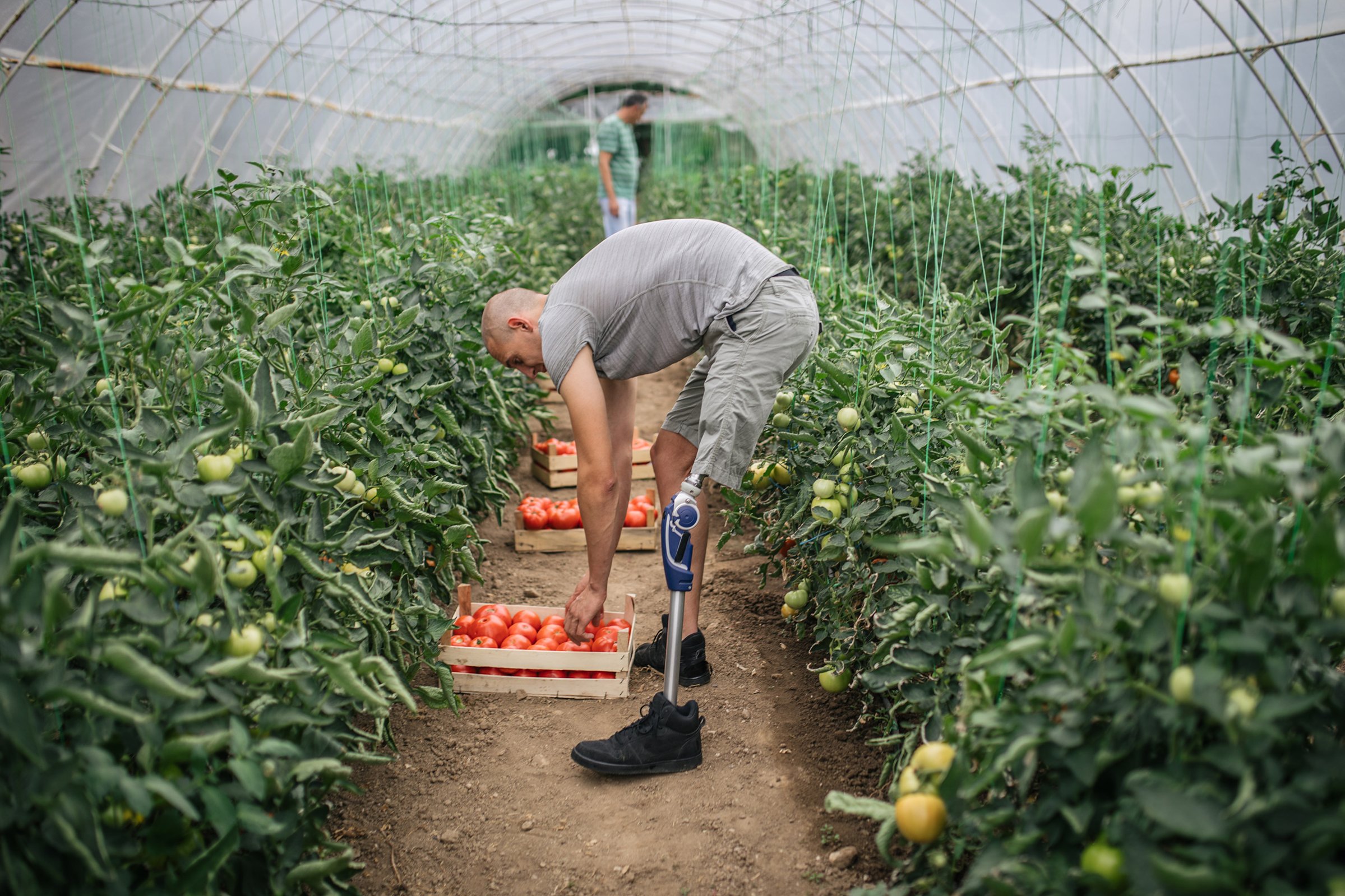
Caroline Casey is the founder of disability inclusion campaign #valuable, a Young Global Leader of the World Economic Forum and a One Young World Counsellor
Over 50 years ago, we saw the introduction of the Paralympic games. Seemingly a bold idea at the time, they have since become the third largest sporting event in the world — with 4.1 billion people around the world tuning in to Rio de Janeiro in 2016.
But while the sporting world has recognized the value of the 1 billion people living with a disability around the world, business and business leadership have routinely ignored the significant contribution that can be made.
To put it into perspective, we are talking about 15% of the global population – or 1 in 7 people – living with some form of disability. With family combined it affects 53% of our global population and we will all come into close contact with disability in our lives. This combined community holds a disposable annual income of $8 trillion – an opportunity business cannot continue to afford to ignore.
While we have seen inclusion in sport, we will not create a truly inclusive society without businesses. Disability inclusion requires the same bold business leadership that led to initiatives like the one at Deloitte, which pushed for employees to work pro bono — leading to the company reporting an 83% increase in employee job satisfaction. Meanwhile, Levi Strauss & Co’s work in reducing water used in manufacturing means the company says it has saved more than a billion liters of water.
But momentum is building. We are approaching a vital tipping point that will see an inclusion revolution. Most recently, on Dec. 14, The World Economic Forum announced that disability inclusion would be a key message at the upcoming Davos summit in January.
At the same time, we have seen major new commitments from global brands as they step forward and pledge to lead the way on disability inclusion. This includes Virgin Media and Omnicom – as well as global business leaders such as Richard Branson, Paul Polman and Janet Riccio – who have announced that they are committed to becoming accountable for disability inclusion within business. This includes having it as a key point on their board agendas.
Business and business leadership is finally waking up to the power of the one billion people with a disability. This year, we have finally started to achieve recognition on the scale of the issue, but 2019 will be the milestone year for real action and leadership that will take us closer to a fully inclusive society.
Inclusion is no longer a ‘nice-to-have’ or a tick box initiative in Corporate Social Responsibility. An inclusive business must be inclusive of everyone. We cannot pursue ‘a la carte’ inclusion — businesses picking and choosing what they want to engage with and what they want to conveniently ignore. That won’t fix things. In 2017 Virgin Media set an ambitious goal to support one million disabled people to get in and stay in work by the end of 2020.
We need more business leaders to take the reins and lead by example. When business leads, then society will follow. Just look at the world’s top 100 economies – only 31 are countries, while 69 are corporations. Paul Polman’s 10-year leadership of Unilever is one example of how a leader could create global change. He has helped set the agenda for sustainability at Unilever, which has pledged to become carbon positive by 2030 and ensure all plastic packaging is recyclable.
2018 has seen some bold statements from large businesses and global forums on disability inclusion. Things are changing. We are arriving at a historic crossroad in which businesses are beginning to answer the calls of the 1 billion.
More Must-Reads from TIME
- Inside Elon Musk’s War on Washington
- Meet the 2025 Women of the Year
- The Harsh Truth About Disability Inclusion
- Why Do More Young Adults Have Cancer?
- Colman Domingo Leads With Radical Love
- How to Get Better at Doing Things Alone
- Cecily Strong on Goober the Clown
- Column: The Rise of America’s Broligarchy
Contact us at letters@time.com



